
In the wild, a dog's life is heavily focused on resources. He is either searching for them or protecting them from intruders. This is normal behavior, even when the canine is taken from the wild and placed into a loving home. It is part of his instinct since doing otherwise - at least in the wild - influences his ability to survive.
In your home, this tendency to guard resources can lead to problems - sometimes, dangerous ones. It can cause your pet to react aggressively if he thinks someone, even a member of your family, is about to "steal" a particular resource.
Many owners will adapt to their pets' guarding behavior. For example, they will avoid going near their dogs when they are eating. If you have children in your household, this approach is inappropriate since kids are often unfamiliar with a canine's perspective. They might try to remove food or toys, and be bitten in the process. In this article, we'll explain how to discourage your dog from guarding his resources to ensure that you and your family remain safe.
Shaping Behavior As A Puppy
Training should ideally begin while your dog is still a puppy to prevent the habit from developing in the first place. Even though the tendency to guard resources is instinctive, it takes time to form in a puppy. At this stage in his development, it is much easier to acclimate him to having his food and toys removed against his will.
When your pup is playing with a toy, approach him and gently remove it from his grasp. Keep the toy away from him for several minutes. Then, return it to him so he can resume playing with it. Doing this teaches him that his toys - or any resources - are actually your own, and you make the decision regarding whether he can access them.
After The Guarding Tendency Has Already Developed
Suppose your canine has already developed a habit of guarding his resources. Rather than preventing the behavior, you're forced to modify it. Doing so takes longer since your pet has become accustomed to perceiving "his" resources as his own. Any attempt to remove his food or toys will be seen as an intrusion.
Start discouraging the guarding habit by eliminating your canine's access to everything he considers a resource. Take away his food bowl, toys, leash, and even bedding. Remove everything, except his water bowl. Then, give him access to these items according to your timetable. For example, when it is time for his meal, provide his food bowl. Once he finishes his meal, reclaim the bowl.
Doing this trains your dog to wait on you if he wants access to any of his possessions. It essentially teaches him that his resources belong to you.
The next step is to train your dog to expect something good when he relinquishes control of a resource. For instance, suppose he is playing with a favorite toy. Approach him and gently attempt to remove it. If he shows resistance, say "give." If your canine lets go of his toy, praise him and give him a treat. Most dogs will gladly trade a toy for a food reward. If he continues to display an unwillingness to give up his toy, show him the treat so he will understand what he stands to gain.
Use this approach to help him become comfortable with surrendering any of his possessions to you. This includes food.
Taking A Few Important Precautions
First, go slowly when discouraging your canine's guarding tendency. If the habit has already formed, it may be difficult to break. Taking a hasty approach may trigger an aggressive reaction in your dog, and even reinforce the habit.
Second, if you suspect your canine may bite you for trying to remove one of his possessions against his will, stop immediately. Chances are, you will need the help of a professional trainer or animal behaviorist.
Third, even if your dog willingly surrenders his toys, always use caution around his food unless you have completely eliminated his guarding habit. Canines consider food their most important resource.
Your dog's habit of guarding his food, toys, or a favorite resting area, may seem harmless on the surface. However, if you have young children in your home, the environment can become unsafe. Take the time to modify your canine's behavior.
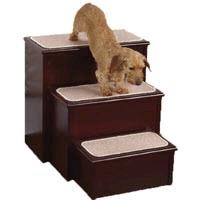 Give Your Pet A Step Up
When it comes to your pet, you always need to be one ste
Give Your Pet A Step Up
When it comes to your pet, you always need to be one ste
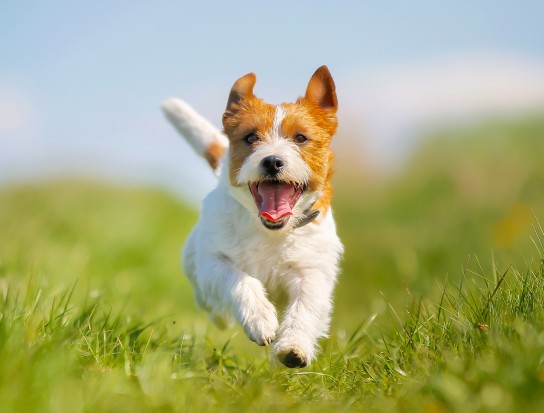 11 Ways To Minimise Exposure To Environmental Allergens In Dogs
11 Ways To Minimi
11 Ways To Minimise Exposure To Environmental Allergens In Dogs
11 Ways To Minimi
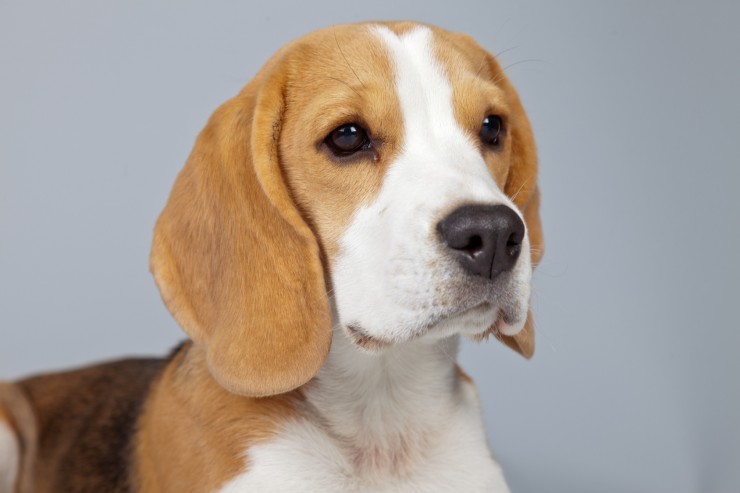 Some Tips On Training Your Beagle
Some Tips On Trai
Some Tips On Training Your Beagle
Some Tips On Trai
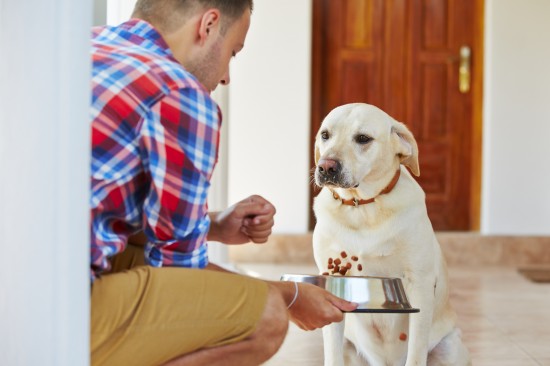 10 Tips To Entice Discerning Dogs To Eat
10 Tips To Entice
10 Tips To Entice Discerning Dogs To Eat
10 Tips To Entice
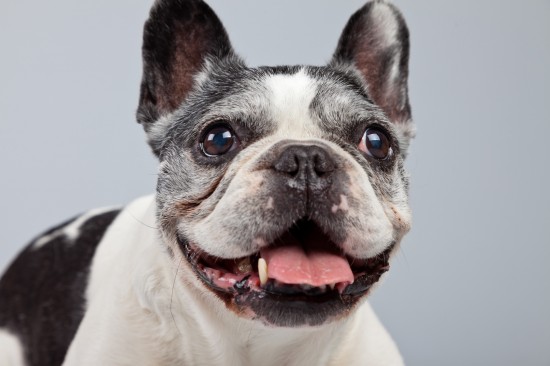 The Health Challenges Of The French Bulldog
The Health Challe
The Health Challenges Of The French Bulldog
The Health Challe
Copyright © 2005-2016 Pet Information All Rights Reserved
Contact us: www162date@outlook.com